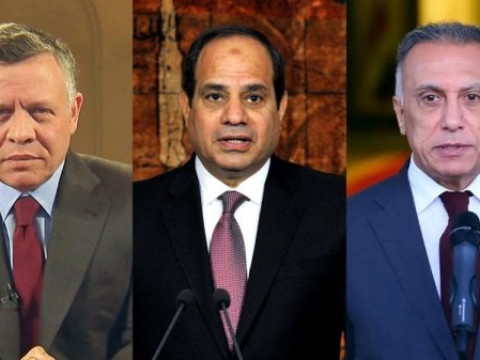Introduction
After multiple cycles of conflict in the past decades, the most recent involving the so-called Islamic State of Iraq and the Levant (ISIL), Iraq remains characterized by protracted displacement, fragmented access to basic services, livelihoods, and protection, as well as a fragile political and security environment. Additionally, the COVID-19 pandemic, next to destabilizing oil prices and with it the devaluation of the Iraqi currency, has exposed the Iraqi economy to new levels of vulnerability. Up until March 2022, nearly 1.2 million Iraqis remained internally displaced, half of whom have been displaced for more than eight years. Simultaneously, Iraq has taken in large numbers of Syrian refugees since 2011. According to the United Nations High Commissioner for Refugees (UNHCR), circa 258,000 Syrian refugees (comprising some 79,000 households) were registered in Iraq as of 31 March 2022. The protracted displacement of vulnerable populations in Iraq has resulted in an increase in demand for basic services and protection concerns in many areas. To address these needs, local authorities and international and local aid agencies have provided assistance through various interventions. Despite this support, vulnerabilities and needs persist among both (formerly) displaced (i.e., in-camp IDP, out-of-camp IDP and returnee households) and host community households (HHs). As HHs throughout Iraq continue to be impacted by conflict, protracted displacement, the COVID-19 pandemic and the ensuing economic downturn, a comprehensive and multi-sectoral evidence base is required to understand the persisting needs of these populations.
In coordination with the humanitarian community in Iraq, REACH Initiative has conducted multiple annual rounds of the MultiCluster Needs Assessment (MCNA) for internally displaced persons (IDPs), returnees, and host communities, and the MultiSector Needs Assessment (MSNA) for refugees and host communities to provide an overview of humanitarian conditions.
This was done through a collaborative approach to data collection and analysis of the data on the type, severity, magnitude, and variance of sectoral and multi-sectoral needs. Under both assessments, REACH Initiative and partners collected data on household demographics, livelihoods, food security, protection, child protection, Gender-Based Violence (GBV), health, education, shelter, Water, Sanitation, and Hygiene (WASH), and movement intentions. With the interest of inclusive programming, and in order to also measure the needs of host communities, the MCNA IX surveyed host communities in four districts of Fedral Iraq (Al-Falluja, Abu Al-Khaseeb, Al-Diwaniya, Al-Mosul), while the MSNA VI surveyed host communities in three governorates of the Kurdistan Region of Iraq (KR-I) (Duhok, Erbil, and Al-Sulaymaniyah).
Download Report
REACH_IRQ_Factsheet_Host_Community_Needs_MSNAVI_MCNAIX_July2022-3








Comment here